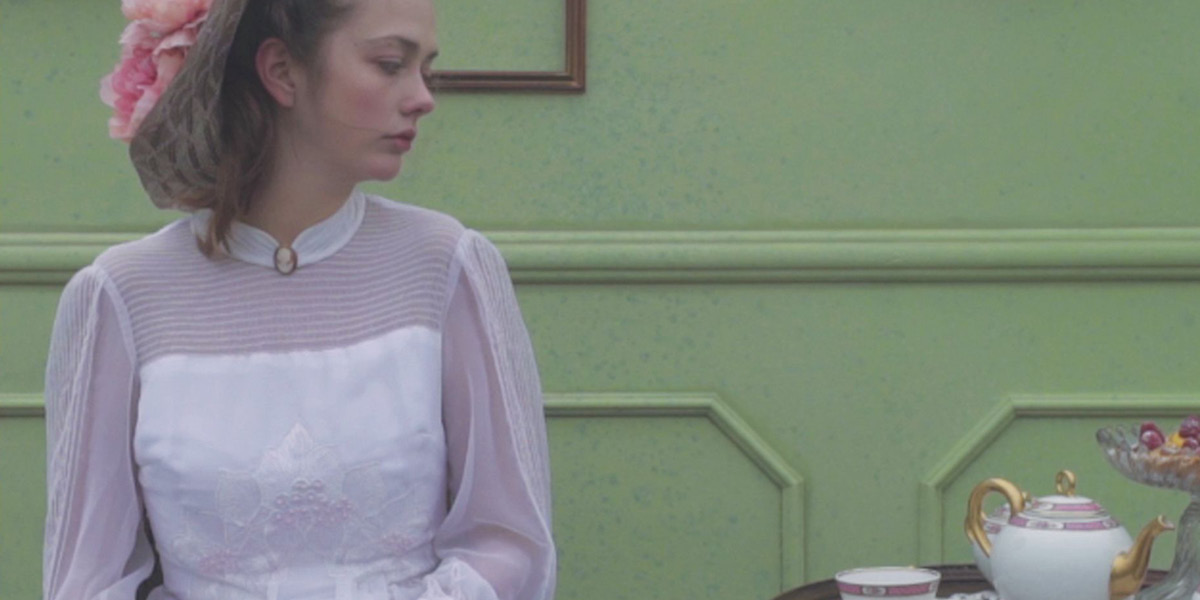-
How to become a
Stage Technician

Who is and what does a Stage Technician, and how to become one?
Who is a Stage Technician?
Stage Technicians are professionals who are in charge of the purely technical aspects of set design projects, proposed by set designers, by laying out the technical drawings needed for construction.
What does a Stage Technician do?
The Stage Technician participates in meetings with the set designer or artist to study the project to be realized. They must be skilled in both traditional methods such as hand drawing, model making, painting techniques, backdrop painting, sculpture, and creating scenographic treatments that replicate real materials; as well as more innovative ones like the use of 3D printing and cutting-edge materials such as resins and silicones.
What skills should a Stage Technician have?
- Manual ability
- Passion for drawing
- Passion for carpentry and mechanics
- Creativity and talent in finding solutions
- Curiosity about technical innovations
- Coordinating and working in a team
How to become a Stage Technician?
Cultivating a passion for design, technology and innovation, theatre, visual arts, film and music. One of the possibilities is to study set design in a Fine Arts Academy, after which it is possible to integrate this by joining specialised courses or working as assistant to a stage carpenter in a workshop or to a theatre technical manager, to take your first professional steps.
